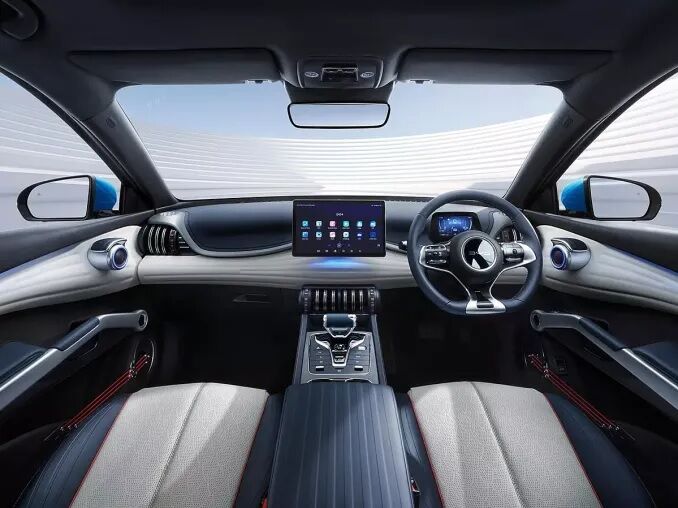BYD challenges Tesla’s supremacy with record EV sales in Q4

Leading Chinese car manufacturer BYD reported selling 526,409 fully electric vehicles (EVs) in the fourth quarter, challenging Tesla’s global market leadership. According to a stock exchange filing, BYD’s sales, boosted by end-of-year discounting, hit 340,178 EV and hybrid units in December, including 190,754 all-electric models. Overall, BYD reported a 62% year-on-year increase in 2023, selling 3.01 million units.
The Shenzhen-based automaker’s sales comprised 1.6 million battery EVs and over 1.4 million plug-in hybrid EVs. Meanwhile, Tesla, led by billionaire Elon Musk, is estimated to have sold approximately 483,200 units in December, as per Bloomberg compiled estimates. The revamped Model 3 and the newly launched Cybertruck may spike Tesla’s sales, which had set a full-year sales target of 1.8 million units.
In addition, Tesla has been adjusting prices in the US and China, following a price war initiated in late 2022 extending into the previous year. On the other hand, BYD’s full-year volumes were nearly equivalent to its EV and hybrid sales over the past five years combined. Despite the impressive sales, BYD shares experienced a nearly 24% drop in the previous year, affected by competitive pressures, price cuts, and concerns over achieving sales targets.
In contrast to BYD’s share performance, Tesla shares saw a 130% increase last year, despite initiating a price war in China. BYD continued its global expansion plans aggressively, recently choosing Hungary as the location for its first European production line. The production plant in the southern city of Szeged is set to manufacture EVs and plug-in hybrids for the European market, creating thousands of jobs.
China’s new-energy vehicle sales last year are estimated to have grown by 36.5% year-on-year, reaching approximately 7.75 million units, according to preliminary estimates from the Passenger Car Association. BYD is also the leading EV brand in Thailand, where EV sales soared due to government subsidies promoting the switch to greener vehicles. Despite the reduction in subsidies this year, enhanced tax breaks for EV manufacturers are expected to lower production costs, diminishing the need for consumer incentives, reported Bangkok Post.
Latest Thailand News
Follow The Thaiger on Google News:
























